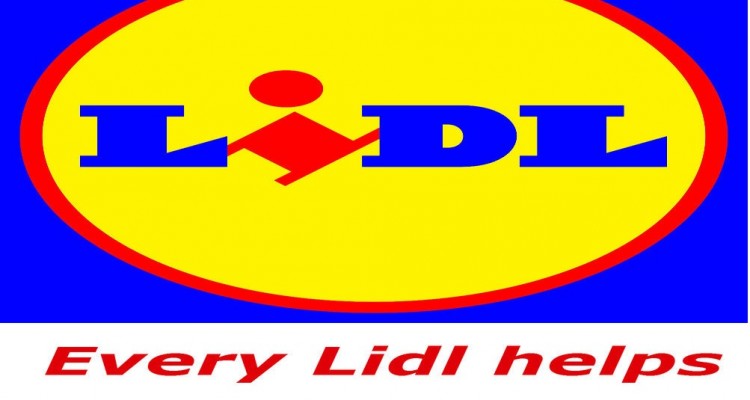The value to Australian agriculture from Free Trade Agreements (FTAs) can be put into perspective when we contemplate having to compete against the home grown subsidised produce of much of Asia. If their ‘home grown’ produce, for instance beef, is subsidised, then to compete we have to be price competitive with a subsidised product – can we compete with subsidised agriculture? Only if we can sell at a price that is competitive, which may mean lower, than the subsidised product. For decades, since the seventies, Australian farmers have been duped by politicians of all colours and from agriculture, that ‘market forces’ and a ‘free market economy’ will eventually prevail. Fig 1 and Fig 2 (later) puts a lie to that propaganda and shows what it has cost. To compete we can see that Australian farmers ‘chased’ the ‘get big or get out’ mantra of the 70s with debt. More of that later.
As a child growing up in post-war Britain anything from Australian from wool to meat, to apples both fresh and dried, dried fruit and the delicious Sunday treat of Australian canned peaches, was a sign of absolute quality. The only exception to that rule was the processed cheese we were served in the army in the nineteen fifties. I am sure it had been imported during the war. Second World War, I think – maybe?
How times have changed. Britain is part of the EU, the European Union. This is what the EU say about themselves:
The EU is an attractive market to do business with:
- We have 500 million consumers looking for quality good
- We are the world’s largest single market with transparent rules and regulations
- We have a secure legal investment framework that is amongst the most open in the world
- We are the most open market to developing countries in the world
That is a proud boast and if you look at the link you will see the truth of it. They are indeed a powerful union – even a nation. To protect their agriculture the EU pays their farmers subsidies amounting to about US$100 billion a year.

In ‘Farming on Line’ a UK farming journal came this alarming news on Wednesday 29 July 2015. Copa and Cogeca warned at the EU Milk Market Observatory meeting today that the EU dairy market situation has deteriorated rapidly in the past 4 weeks, and without EU action, many producers will be forced out of business by Winter. Speaking at the meeting, Chairman of Copa-Cogeca Milk Working Party Mansel Raymond said “The market is in a much more perilous state than it was 4 weeks ago, with producer prices far below production costs. It’s a critical situation for many dairy farmers across Europe”.
Who or what are ‘Copa’ and ‘Cogeca’? ‘Copa’ was formed in 1959 to represent farmers within what we now know as the EU, it had 13 affiliates at that time. It now speaks in Brussels for sixty farmer organisation’s within the EU and another thirty six affiliates like Norway and Turkey, outside of the EU, but in Europe.
Cogeca? Straight off their website : On 24 September 1959, the national agricultural cooperative organisations created their European umbrella organisation – COGECA (General Committee for Agricultural Cooperation in the European Union) – which also includes fisheries cooperatives.
COGECA’ s Secretariat merged with that of COPA on 1 December 1962.
When COGECA was created it was made up of 6 members. Since then, it has been enlarged by almost six and now has 35 full members and 4 affiliated members from the EU. COGECA also has 36 partner members.
So ‘Copa & Cogeca’ to our antipodean ears may sound like a dance from South America, is in fact a very powerful agricultural lobby in Brussels and the Parliament of Europe. Stuck down here at the other end of the world we tend to forget that Europe is now a bigger trading bloc than America and China.
Vive la France !
French farmers are a passionate lot and in support of Copa & Cogeca, last month on warm summer days in the middle of the tourist season they dumped loads of animal manure in the middle of Paris and other cities. For those who don’t know what the machine below is, it’s a ‘muck spreader’. Normally filled with animal manure and coupled to the power take off on the tractor it ‘spreads’ the manure on the fields or paddocks. In this case it looks like it is being used to ‘clean’ windows – on a bank perhaps?




